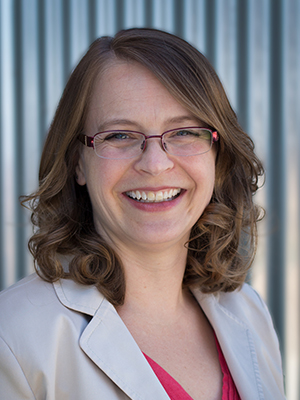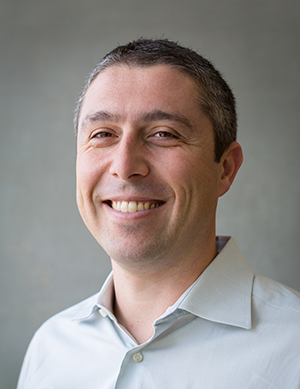
Like their colleagues in science and engineering, researchers in UC Merced’s School of Social Sciences, Humanities and Arts are keeping busy this summer with a wide variety of projects.
Among them:
• Sociology Professors Tanya Golash-Boza and Zulema Valdez are working on a project that seeks to understand the barriers and opportunities that undocumented students face.
They began the project at UC Merced, working with a group of undocumented students and allies, and this summer they received funding to expand the project to UC Davis, UC San Diego and UC Santa Barbara.
UC Merced students presented their initial findings in the spring at the “Blurring the Border” conference on campus. The researchers are seeking to understand how the experiences of undocumented students vary across the four campuses, as well as what resources these students need in order to succeed.
 • Research has shown that the neighborhood and city where people live determine access to quality housing, employment and networks, and to a range of public goods, such as effective police protection, strong public schools, clean parks, reliable sewer and water systems, and even public health. Often it is the racial and ethnic minorities who are on the short end of these inequalities.
• Research has shown that the neighborhood and city where people live determine access to quality housing, employment and networks, and to a range of public goods, such as effective police protection, strong public schools, clean parks, reliable sewer and water systems, and even public health. Often it is the racial and ethnic minorities who are on the short end of these inequalities.
Political scientist Jessica Trounstine is working on a book this summer that will dive deeper into these issues and seek to explain both the political consequences of racial segregation and the ways in which politics generates segregation. She’ll do so using the case studies of San Francisco, Atlanta and Boston — three metro areas that witnessed dramatic changes to both patterns of segregation and provision of public goods over the 20th century.
“By mid-century, whole neighborhoods had become predominately black or white, and both poor and wealthy residents became increasingly concentrated,” she said. “Fifty years later, whole cities had become impoverished and populated by people of color, while others remained largely white and economically healthy. There are both political causes of this transformation and profound political consequences of it.”
With help from undergraduate students Stephen Maxey, Anne Andaya and Julie Von Berckefeldt, Zawadzki is aiming to identify the levels of access to and utilization of health care among the homeless; how the homeless perceive their role within the community; the potential for mutually beneficial community engagement with the homeless; and common sources of stress and coping mechanisms that are available.
• Another health psychologist, Jan Wallander, is heading up a couple of projects with help from graduate students.
Under direction from Wallander and Professor Jitske Tiemensma, student Nikko De Paz is examining the psychological and physiological distress experienced by parents of children with autism spectrum disorders (ASD).
With ASD prevalence rates increasing and research showing that parenting a child with ASD is associated with negative psychological outcomes and poor mental health, the UC Merced researchers will aim to investigate the effects of written self-disclosure (WD) on parenting stress and well being.
Wallander will work with another student, Patty Cabral, on research seeking to understand the early influence of parents and peers on sex initiation as an indicator of sexual risk among first-, second- and third-generation Latino youth. Previous research showed that third-generation Latino youth were almost twice as likely as first- and second-generation youth to initiate sex by the 10th grade.
Developmental psychologist Alexandra Main is working with graduate student Carmen Kho to examine conflict and child outcomes in Chinese-American immigrant families. Their study, using data collected from UC Berkeley’s Kids and Family Project, aims to understand the role that culture plays parents’ psychological control of their children.
Psychological control refers to a parent’s intrusive control over a child’s thoughts and feelings, and has been shown to have detrimental effects on a child’s psychological wellbeing. The researchers will quantify the effect by viewing videotaped interactions between parents and children and coding them for psychological control and warmth.

“Unlike most previous research focusing on psychological control, the execution of this project relies not on self-report measures, but rather on observed behaviors,” Main said. “We aim to have coding completed this summer and to write up the findings for publication in the fall semester.”
• World heritage Professor Nicola Lercari is in Turkey this summer continuing a project with former UC Merced Professor Maurizio Forte.
The research team is using laser scanners to capture each layer peeled back by archaeologists at the ancient site of Çatalhöyük. They’re also excavating artifacts and scanning them into a digital format that can be turned into a 3-D computer image, creating renderings that can be manipulated and interpreted by scholars around the world.
Lercari will also start a new project closer to home later this summer. He and his students will visit Bodie State Historic Park and use similar digital preservation methods to produce 3D digital maps, 3D models of historic buildings, photographs and videos taken from drones.






